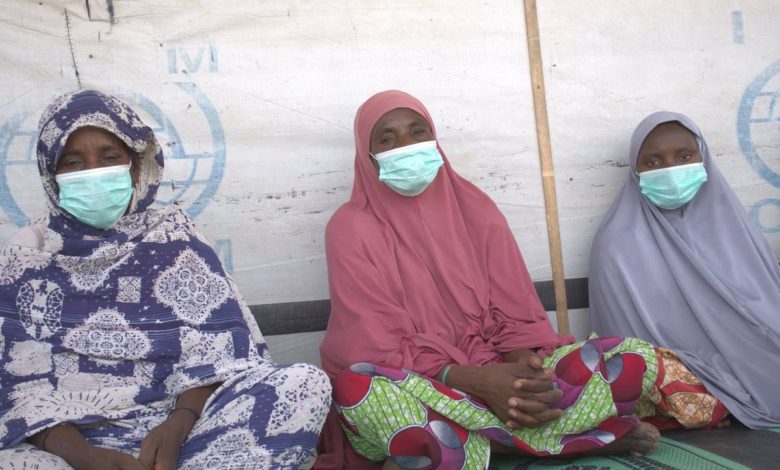Increased Attacks In Borno State Put Provision Of Lifesaving Aid At Risk – UN Chief
The UN Under Secretary-General for Humanitarian Affairs and Emergency Relief Coordinator, Mark Lowcock says the increase in attacks in Borno state, Northeast Nigeria will substantially decrease humanitarian organisations ability to provide aid in the region.

Mark Lowcock, the United Nations (UN) Under Secretary-General for Humanitarian Affairs and Emergency Relief Coordinator, has raised concerns on the increased levels of insecurity and violence in Borno State, Northeast Nigeria.
During his virtual visit to Maiduguri, the state capital, Lowcock said that the high number of violent attacks on civilians and aid workers would greatly affect access to life saving aid required in the region.
An example of such attacks including the recent one carried out by ISWAP insurgents in Dikwa town on April 18, which was the fifth attack on the garrison town since January 2021, as well as places including Mainok and Damasak, displacing thousands.
HumAngle reported that the UN had identified key needs of those affected by the insurgent including non-food items, health and nutrition, water, sanitation and hygiene (WASH), and food security. However, the ability for NGOs to provide such aid has been substantially reduced due to the concurrent attacks in Borno State.
“I spoke to aid workers in remote humanitarian hubs after recent attacks, some operations have been temporarily suspended and aid workers evacuated,” Lowcock said.
They told me they felt targeted and feared for their lives in the aftermath of the attacks. They want to help but also to feel safe.”
Fifty-two-year-old Abbah said accessing food for his 10 children and eight orphans has posed a great challenge as rations have been reduced.
“He worries that his children are out of school and have no future or jobs. We are human beings, suffering, please help us,” he narrated.
Widowed mother of 12, Hajiya Mariam was displaced from Baga in 2015. Receiving assistance for herself and her children has been difficult too, as she is pushed away when she tries to stand in the queues.
“When assistance is being distributed in the camp, I get pushed away and I am physically unable to stand in a queue.”
Hajiya Mariam wishes to start a small business to enable her fend for herself and her kids.
The United Nations Office for the Coordination of Humanitarian Affairs (UNOCHA) had said the Northeast would require $1 billion in funding this year to respond to humanitarian needs, a $200 million increase compared to 2020.
According to the organisation, 8.7 million people need some form of aid in the region.
Support Our Journalism
There are millions of ordinary people affected by conflict in Africa whose stories are missing in the mainstream media. HumAngle is determined to tell those challenging and under-reported stories, hoping that the people impacted by these conflicts will find the safety and security they deserve.
To ensure that we continue to provide public service coverage, we have a small favour to ask you. We want you to be part of our journalistic endeavour by contributing a token to us.
Your donation will further promote a robust, free, and independent media.
Donate HereStay Closer To The Stories That Matter




